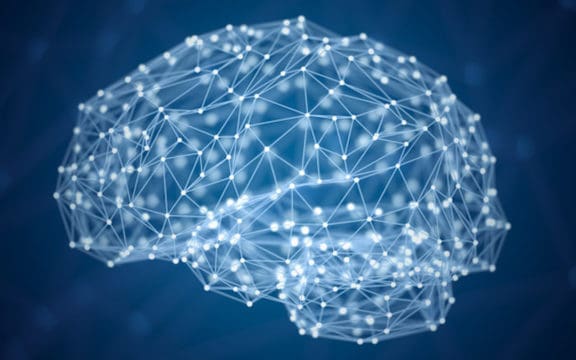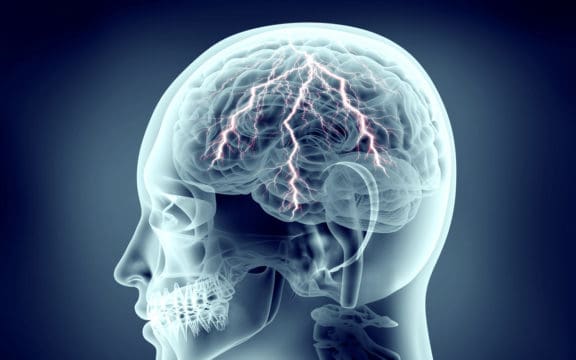Antidepressant Side Effects
If you have been prescribed an antidepressant medication, you were most likely warned about the possibility of side effects. When they work properly, antidepressants relieve symptoms and are an important part of depression treatment. However, due to your genetic makeup, your age, or health conditions, you may experience unpleasant side effects.
Examples of Antidepressant Side Effects
- Nausea
- Dizziness
- Dry mouth
- Constipation or diarrhea
- Anxiety
- Blurry vision
- Unusual dreams
- Weight gain
- Sexual dysfunction and low libido
- Headaches
- Jitteriness
- Sedation
- Apathy
Why Do You Experience Side Effects?
As your New York depression treatment specialists, we want you to know you are not alone if you experience antidepressant side effects. Because the medications not only alter the balance of targeted chemicals in your brain, but also affect multiple organ systems, side effects can sometimes develop in conjunction with antidepressant use. It is important to do frequent self check-ins and discuss any changes you feel with your doctor.
How to Deal with Antidepressant Side Effects
There are many strategies for dealing with side effects caused by antidepressant medications. First, it is important to talk to your doctor about any side effects.
If your side effects feel intolerable, you may want to stop taking the antidepressant or decide to reduce the dosage. Do not attempt this strategy. Your depression symptoms will return, and you may experience withdrawal-like symptoms. Talk with your doctor to find the best options for dealing with your specific side effects.
Another Option: Transcranial Magnetic Stimulation
A promising solution for patients who experience prolonged or intolerable side effects from antidepressants is transcranial magnetic stimulation (TMS). As your New York depression treatment specialists, we want to educate you on what to expect from TMS.
This procedure is non-surgical and non-systemic–it only affects specific regions in your brain rather than the entire body. The procedure involves the use of an insulated magnetic coil that delivers brief magnetic pulses in order to stimulate neurons in the area of the brain believed to be under-active in patients suffering from depression. TMS offers the possibility for treatment with little to no side effects. A typical treatment course of TMS therapy is five times per week over four to six weeks. These sessions usually last between 30 and 45 minutes, and you can resume your normal day-to-day life directly after sessions.
Contact Us
If you are suffering from side effects from your antidepressant medication, contact Mid City TMS, your New York depression treatment specialists, to learn more about how to manage your depression symptoms.
















